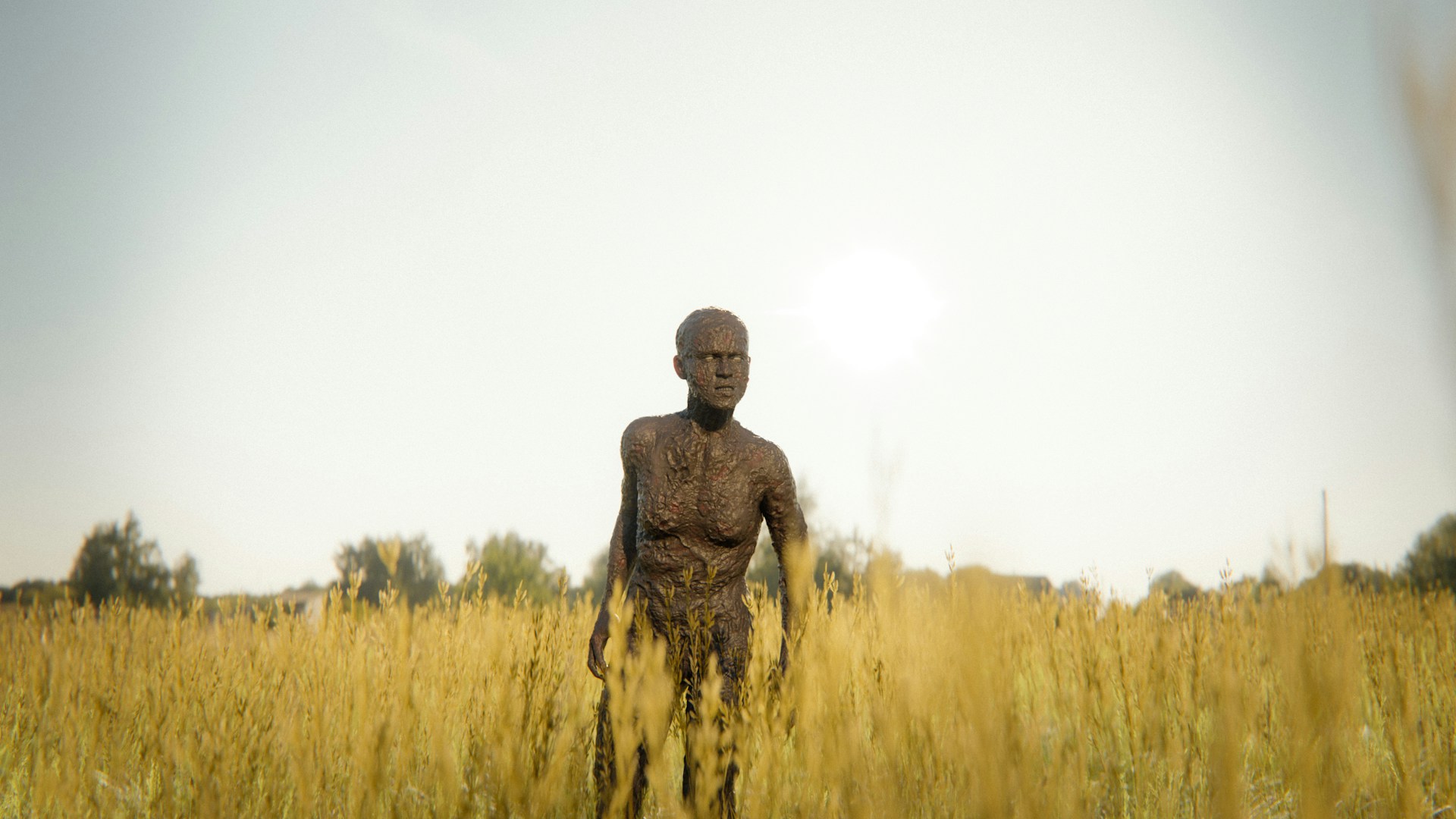Danny Boyle’s 2002 horror classic 28 Days Later became a surprise hit and is now regarded as a landmark in modern horror cinema. Five years later, 28 Weeks Later, directed by Juan Carlos Fresnadillo, carried the story forward. Now, over two decades on, Boyle has returned alongside screenwriter Alex Garland to continue the saga with 28 Years Later — the first film in a planned new trilogy.
A Return of the Visionary Duo
“The original film meant a great deal to both of us,” Garland told the German Press Agency during an interview in London. “So there’s always a sense of wanting to protect it, while also feeling the urge to explore further.” The creative pair were determined not to tarnish the reputation of the original with a subpar sequel — and by all accounts, they’ve succeeded in crafting a continuation that honours the past while standing on its own.
The film is set 28 years after the devastating outbreak of the Rage virus in the UK, which transformed the infected into frenzied, hyper-aggressive beings, hunting down the uninfected. While often grouped with zombie films, Boyle and Garland have long emphasised that these are not the undead, but rather living individuals infected by a virus — a distinction that continues to shape the tone and themes of the series.
Life Under Lockdown in a Ravaged Britain
The United Kingdom remains under quarantine due to the ever-present threat of infection. A small island community has managed to survive, cut off from the mainland behind a heavily guarded dam. In a post-Brexit world, this isolated setting might be seen as a metaphor for political and social separation. Occasionally, residents venture back to the mainland in search of supplies — and engage in the killing of infected as though it were a macabre sport.
At the heart of the story is Spike (played by Alfie Williams), a young boy who joins his father Jamie (Aaron Taylor-Johnson) on a dangerous expedition to the mainland. There, they face unexpected dangers. Meanwhile, Spike’s mother Isla (Jodie Comer) suffers from a serious illness, plagued by memory loss and hallucinations, yet no medical help is available on the island.
As night falls, Jamie and Spike find themselves in peril and must navigate the darkness together. In the distance, they see a fire — a sign that someone is alive and uninfected. That person turns out to be Dr Kelson (Ralph Fiennes), a reclusive doctor living in isolation. Spike, desperate to save his mother, secretly devises a risky plan involving Kelson, without informing his father.
More Than Just a Horror Film
Although 28 Years Later presents itself as a horror film, it delves much deeper. “It’s a beautiful, intimate family drama set in a post-apocalyptic world,” says Taylor-Johnson, whose character struggles to prepare his son for survival. “The more you kill, the easier it gets,” Jamie tells Spike as he confronts the trauma of his first kill.
Taylor-Johnson also describes the film as a coming-of-age story, experienced through the eyes of a 13-year-old boy. “It brings a completely new perspective to the genre,” he adds. While there is no shortage of blood and violence, the core of the film explores themes of family, memory, and what it means to be human in the face of societal collapse.
Ralph Fiennes reflects on the film’s symbolism, describing it as “a fable about island mentality” and drawing parallels to the isolationist sentiments surrounding Brexit. “There’s this strong feeling of being cut off,” he says. Fiennes, recently nominated for an Oscar for his role in Conclave, once again delivers a powerful performance as Dr Kelson — a man who, despite decades of solitude and constant threat, retains both his sanity and his compassion.


